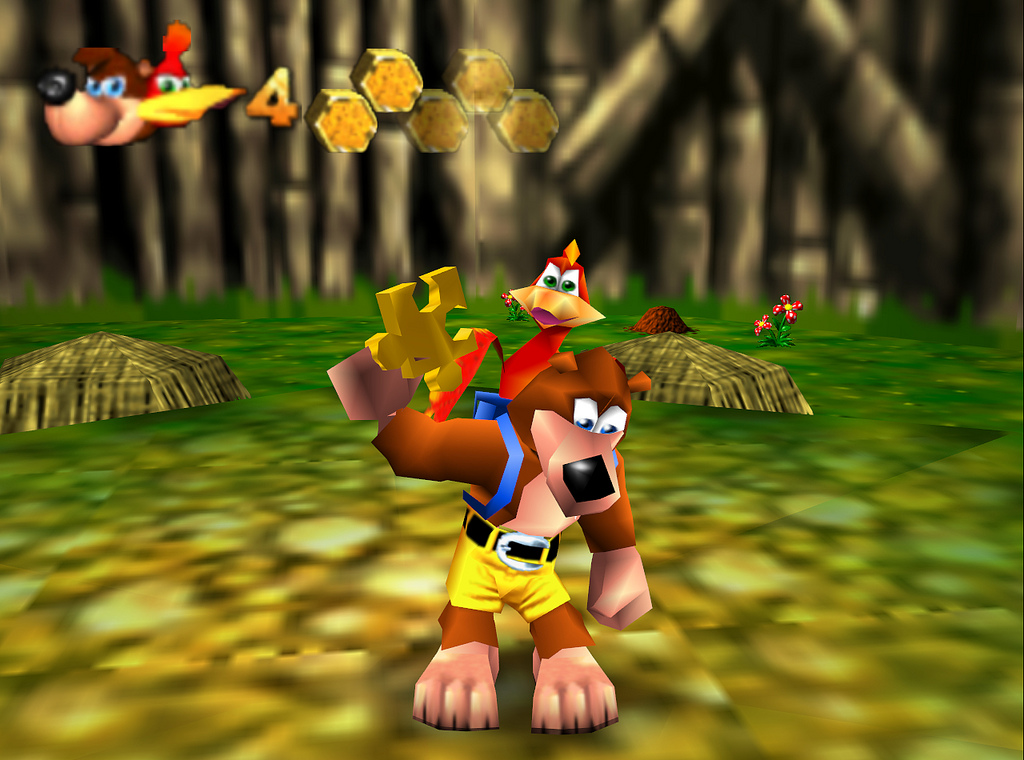The older I get, the more difficult it becomes to lose myself and become invested in a videogame. The realisation struck me a few years ago, that maybe enjoying games is very much linked to your age. The way I play videogames today is calculated and efficient, unlike yesteryear when I seemed to have all the time in the world. But the key problem is that when I go back to play videogames from my childhood, I find that the memories I have are often more valuable than the actual gameplay.
This brings me onto the issue of nostalgia, and how it has become difficult to go back and criticise older games, since many players have developed a sentimental attachment to them. Just try it: go to any forum about a classic videogame, and I dare you to say anything critical.
Developers are now building nostalgia into ‘new’ games – and the effects can be disastrous. Whilst Yooka Laylee looks and sounds like a modern version of Rare’s Banjo Kazooie, the minute to minute gameplay takes the weakest aspect of its predecessor and does nothing to improve upon it. Yooka Laylee suffers from large and cluttered maps, with way too many things to do; whereas Banjo Kazooie had a much better structure, and each level felt vast yet manageable. This is yearning for the past while bypassing the best bits!
On the other hand, Shovel Knight is a retro-videogame that uses nostalgia well. It blends together different aspects from various, classic games: the Overworld map from Super Mario Bros 3, the tight platforming and devilish enemy placement from Mega Man Classic, and an 8-bit soundtrack which would be right at home on a Super Nintendo. It’s a difficult and rewarding experience which doesn’t, thankfully, hold the player’s hand. Instead, the developers clearly trust us to play the game correctly and meet its challenges.
As a result, the game feels both modern and retro at the same time – the best of both worlds for an already ageing gamer like me.




